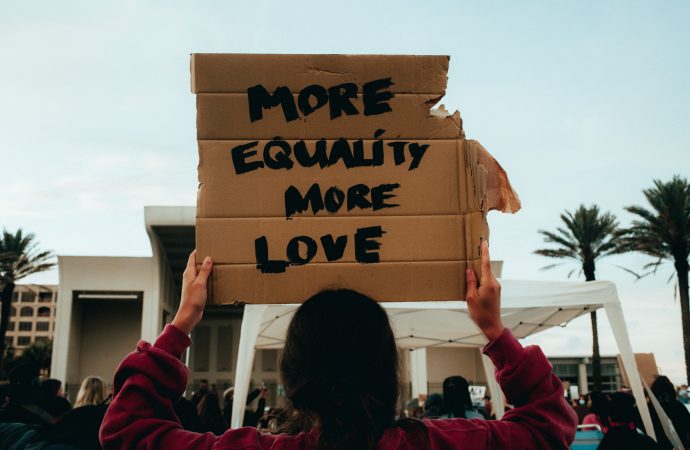Introduction: In today’s fast-paced and often stressful world, it is crucial to foster environments where individuals can feel safe to express their vulnerabilities and be their authentic selves. This is especially important when it comes to mental health, as many people still face stigma and discrimination surrounding their mental well-being. In this article, we will
Introduction:
In today’s fast-paced and often stressful world, it is crucial to foster environments where individuals can feel safe to express their vulnerabilities and be their authentic selves. This is especially important when it comes to mental health, as many people still face stigma and discrimination surrounding their mental well-being. In this article, we will explore the concept of creating safe spaces for vulnerability and authenticity and discuss the vital role that mental health allies play in our communities.
Understanding Safe Spaces:
Safe spaces are environments where individuals feel comfortable and supported in expressing their thoughts, emotions, and experiences without fear of judgment or ridicule. These spaces are essential for fostering open and honest communication, promoting mental well-being, and building strong communities. Creating safe spaces requires a collective effort from everyone involved, including mental health allies.
The Role of Mental Health Allies:
Mental health allies are individuals who actively support and advocate for the mental well-being of others. They play a crucial role in creating safe spaces by promoting understanding, empathy, and acceptance. Here are some key ways in which mental health allies contribute to the creation of safe spaces:
1. Education and Awareness:
Mental health allies educate themselves and others about mental health issues, including common conditions, symptoms, and available resources. By increasing awareness and understanding, they help break down the stigma surrounding mental health and create a more inclusive environment.
2. Active Listening and Validation:
Mental health allies practice active listening, providing a non-judgmental and empathetic ear to those who need it. They validate individuals’ experiences and emotions, creating a safe space for vulnerability and authenticity. By doing so, they help individuals feel heard, understood, and supported.
3. Advocacy and Support:
Mental health allies advocate for the needs and rights of individuals with mental health challenges. They work to ensure that appropriate support systems are in place and that individuals have access to necessary resources, such as therapy, counseling, and community programs. By advocating for change, mental health allies help create safer and more inclusive communities.
4. Challenging Stigma and Discrimination:
Mental health allies actively challenge stigma and discrimination surrounding mental health. They confront misconceptions, stereotypes, and harmful attitudes, promoting a more compassionate and accepting society. By doing so, they create an environment where individuals feel safe to be vulnerable and authentic without fear of judgment or prejudice.
Conclusion:
Creating safe spaces for vulnerability and authenticity is crucial for promoting mental well-being and building strong communities. Mental health allies play a vital role in this process by educating, listening, advocating, and challenging stigma. By actively supporting and advocating for the mental health of others, mental health allies contribute to the creation of safe spaces where individuals can feel comfortable expressing their vulnerabilities and being their authentic selves. Together, we can create communities that prioritize mental well-being and foster a culture of empathy, understanding, and acceptance.

















Leave a Comment
Your email address will not be published. Required fields are marked with *